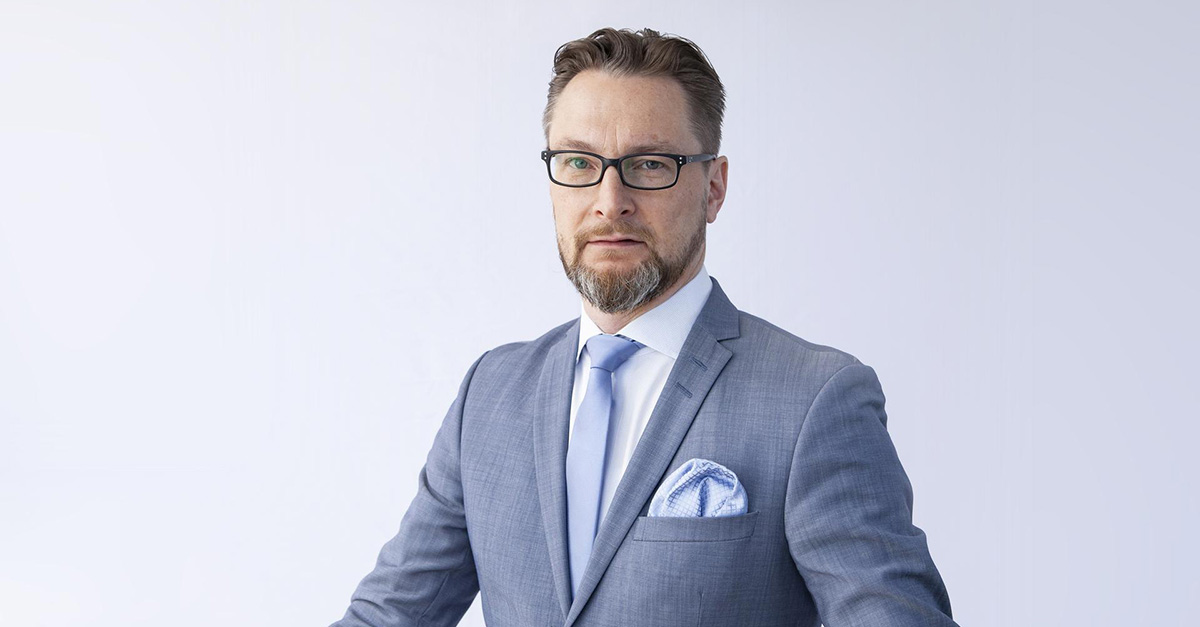
Kemira renews operating model for growth
Submitted by:
Andrew Warmington
Kemira has announced changes to its operating model with the aim of increasing customer-centricity, strategic focus, speed of delivery, and accelerating growth. This will take effect from 1 January 2025. The composition of the management board will change add three externally reported business units, created, each headed by an EVP:
* Water Solutions (Tuija Pohjolainen-Hiltunen)
* Packaging & Hygiene Solutions (Harri Eronen)
* Fibre Essentials (Antti Matula)
Product development will move into the new BUs, with a view to increasing proximity to customers and giving them all the autonomy to prioritise initiatives to result in increased speed-to-market. The company will establish a centralised Operations unit to improve cooperation and optimise efficiency in manufacturing. The board will also have EVPs for People & Culture; Strategy & Sustainability; Research & Innovation; and New Ventures & Services, a new arm that will act as a growth engine through the development and commercialisation of new products and services, and develop digital services for all BU customers. Kemira is still seeking to recruit a COO.
“Kemira is in excellent shape today,” said CEO Antti Salminen (above). “Now it is time to move to the next phase in our strategy execution by speeding up our transformation and accelerating our growth trajectory, while at the same time ensuring we retain our profitable base business and operational efficiency.”
Water Solutions is the largest BU and has seen recent expansion, after Kemira signed a definitive agreement to purchase Norit’s UK reactivation business from Purton Carbons, taking it into activated carbon for micropollutant removal. The agreement includes the reactivation facility in Purton, UK, where spent granular or pelletised activated carbons are made ready for potable water and food-related applications and others.
Activated carbon is the most commonly used technology to remove odour and taste in drinking water, as well as micropollutants like PFAS in water treatment applications. Demand for this is expected to grow due to growing concern about consumer health and environmental safety, and recent EU regulatory updates requiring the removal of PFAS and micropollutants.
Separately, Kemira is expanding ferric chloride capacity in Tarragona, Spain, mainly for the biogas digestion product for which demand is growing rapidly. Ferric chloride is also the most commonly used coagulant for phosphorus reduction in wastewater treatment. The company said that the total investment is in the mid-single digit millions and the capacity is planned to be in operation during 2026.
